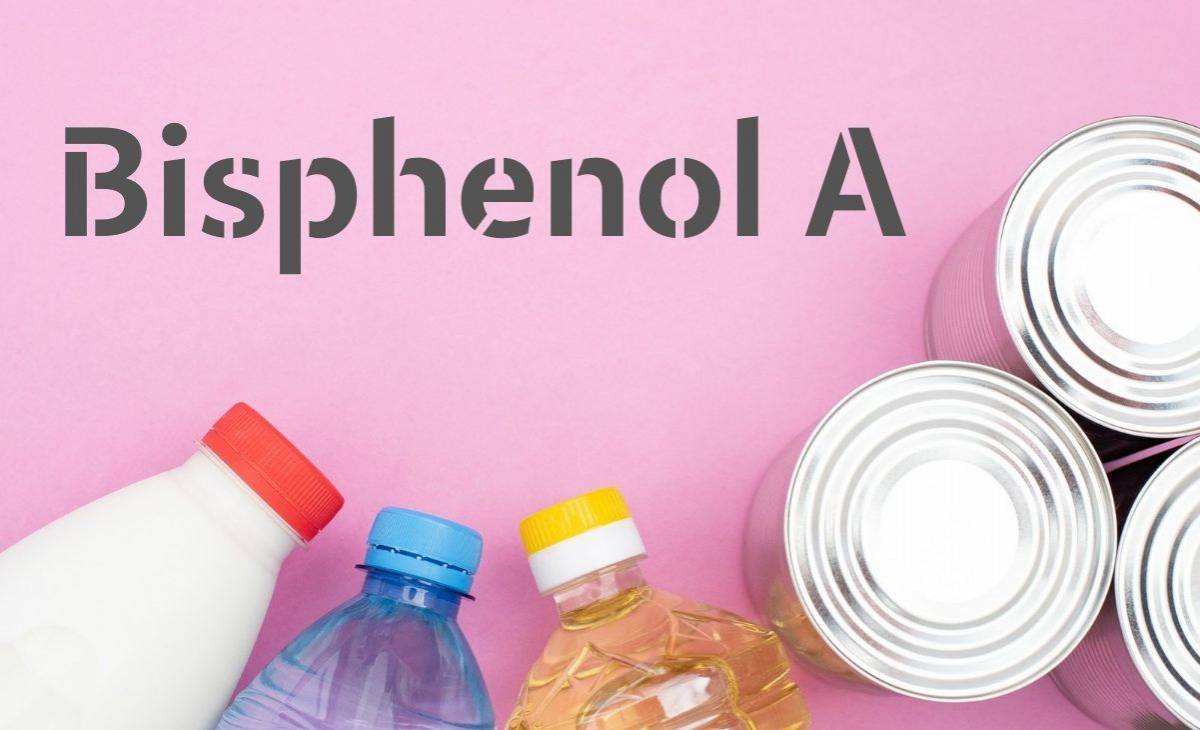EFSA’s draft opinion suggests lowering the tolerable daily intake of Bisphenol A
In comparison to its earlier evaluation in 2015, the European Food Safety Authority (EFSA) has re-evaluated the risks of bisphenol A (BPA) in food and suggests a much lower tolerable daily intake (TDI).
Bisphenol A is a chemical that is used to generate polycarbonate plastic, which may be utilized to build food-contact products like water dispensers or food-processing equipment. In 2006 and 2015, the European Food Safety Authority (EFSA) examined the safety of BPA in food contact products. Experts were only able to establish an interim TDI at the time of EFSA's last evaluation owing to uncertainty and underlined the necessity to remedy data gaps. At that time, EFSA determined an interim TDI of 4 micrograms per kilogram of body weight per day.
The EFSA's expert Panel on Food Contact Materials, Enzymes, and Processing Aids (CEP) determined a new TDI of 0.04 nanograms per kilogram of body weight every day in its draft re-evaluation of BPA, which was released yesterday. According to EFSA, the reduction in the TDI is the result of a review of research published in the literature between 2013 and 2018, notably those that show BPA has negative effects on the immune system. The amount of "T-helper" cells, a kind of white blood cell that plays a vital role in cellular immunological systems and, when elevated, may contribute to allergic lung inflammation, was shown to rise in animal experiments. The European Food Safety Authority (EFSA) believes that the new TDI is exceeded by both average and high BPA exposure levels in all age categories, which raises health concerns.
There is a public consultation period open untile February 8th, 2022, for EFSA's draft scientific opinion on BPA. The consultation is open to all interested parties.
Source:






















